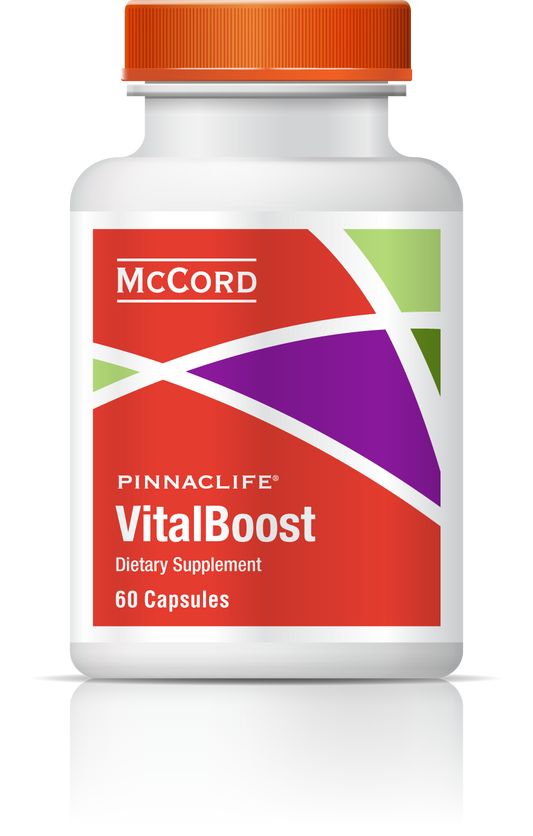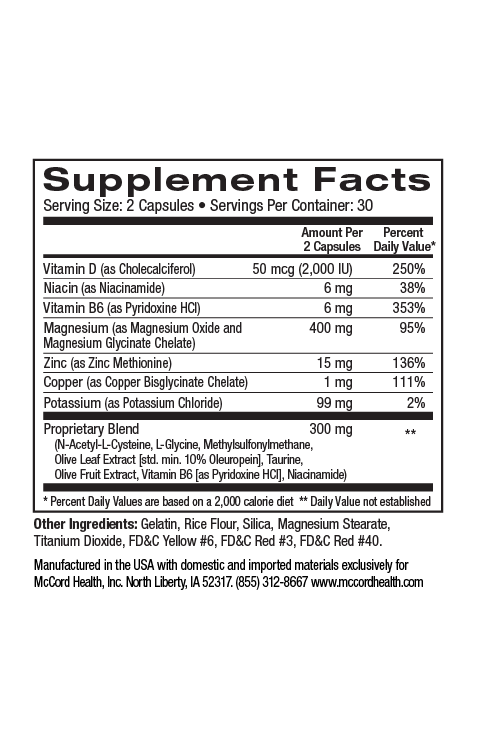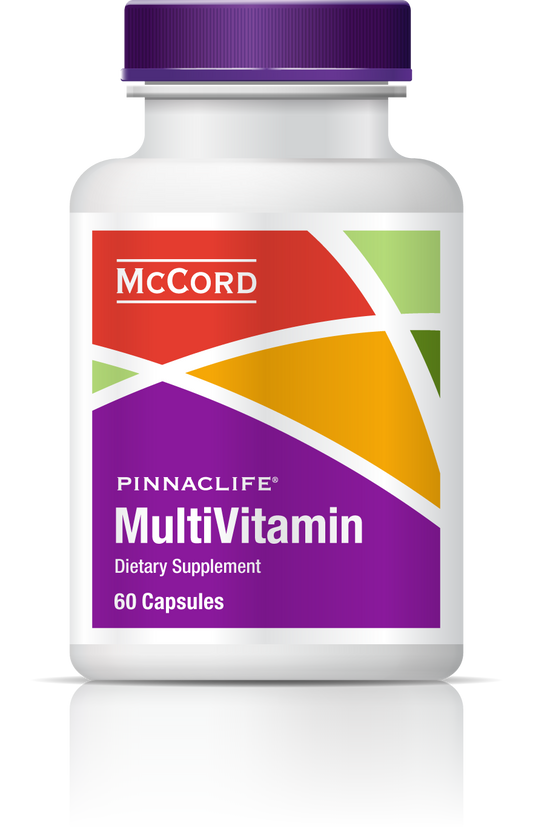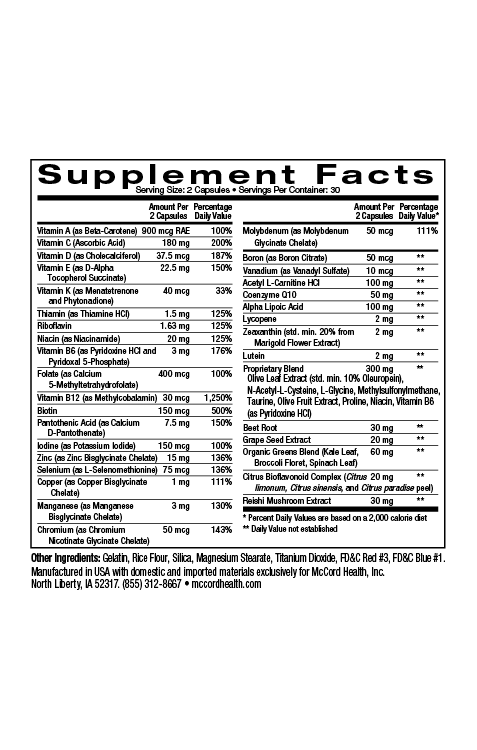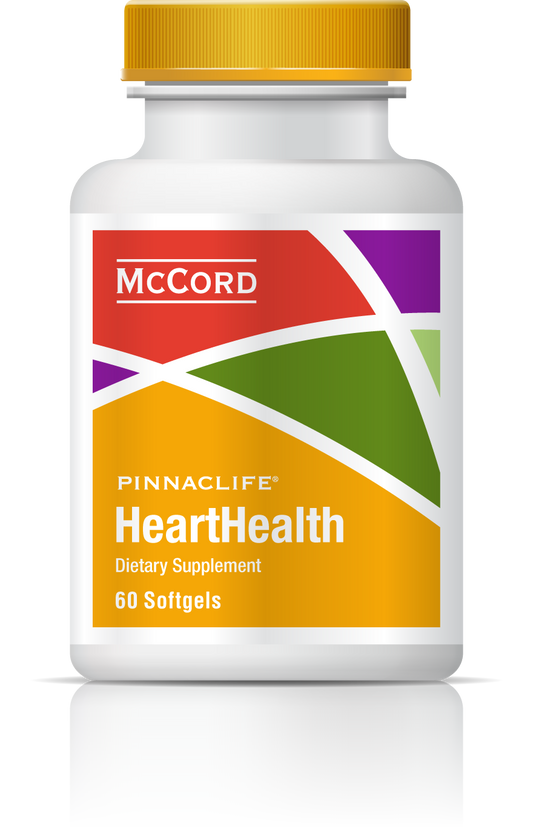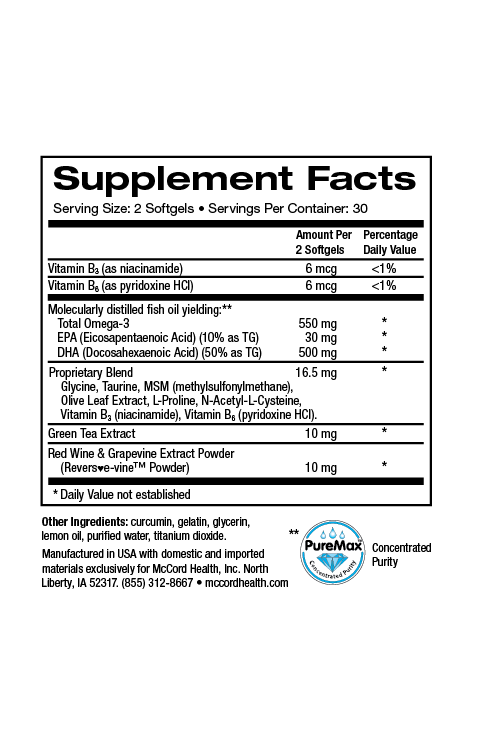Eating healthy is beneficial for the whole body including the largest organ of the body, the skin. As we age, however, it is harder for consumed nutrients to access the skin, so they should also be provided topically. The Mediterranean diet is one of the healthiest diets a person can consume. It is associated with many health benefits including cardiovascular health, cognitive health, liver health and decreased aging. The diet consists of vegetables, fruits, nuts, whole grains, fish, limited meat, and red wine with olive oil as a major component of the diet. In fact, compounds in olives and olive oil have been associated with numerous health benefits including skin health.
Vitamin D (from fish in the Mediterranean diet) is beneficial to skin and is provided topically by Viniferamine® skin and wound care products. Olive oil includes oleuropein, another antioxidant and anti-inflammatory nutrient found in olives and Viniferamine® products. Red wine and grapes contain resveratrol, an antioxidant and anti-inflammatory nutrient also found in Viniferamine® topical skin nutrition. Fruit such as citrus fruits can provide vitamin C that promotes skin health. Nuts can provide vitamin E another beneficial skin nutrient. With aging or certain conditions like diabetes, blood circulation decreases in efficiency making Viniferamine® topical nutrition including vitamin C and E, vital for skin health.
Viniferamine® skin and wound care products like Renewal Moisturizer and Silicone Barrier include small molecule nutrients including antioxidants, vitamins and amino acids that penetrate skin to provide strengthening nutrition. Many of the ingredients in the products are also anti-inflammatory including resveratrol and oleuropein. Other anti-inflammatory ingredients include epigallocatechin-3-gallate (EGCG) from green tea, respectively, as well as the important small molecules, melatonin, and L-glutathione. In addition, dipotassium glycyrrhizate from licorice, avenanthramides in oats, aloe vera and shea butter have also been shown to possess anti-inflammatory activities.
The small nutrient molecules contained in Viniferamine® skin and wound care products enter the skin, reduce excessive transepidermal water loss (eTEWL) and scavenge-free radicals to reduce skin damage. Impaired skin nutrition decreases skin integrity and functioning, as well as wound healing capability, by affecting the skin barrier and microvascular and immune systems of skin. Viniferamine® products contain vital skin nutrients that promote skin hydration, collagen synthesis, endothelial function, and wound healing.
Delivery of small molecules across the stratum corneum is complex and requires a delivery vehicle that places the specific molecules in direct proximity to the skin. This is achieved in Viniferamine® skin and wound care products by using a formulation that produces emulsion spheres™ with well-defined outer lipid membranes. The chosen small molecules typically translocate the stratum corneum using the delivery spheres by either the partitioning or diffusion process. Using this small-molecule technology, Viniferamine® products help nourish, strengthen, hydrate and protect fragile skin.
Vitamin C and vitamin E (from oat and aloe vera extract found in Viniferamine® products like Renewal Moisturizer and Silicone Barrier) are important antioxidants that help protect against damage caused by the sun. Resveratrol and oleuropein are beneficial to vascular health by decreasing oxidative stress and endothelial dysfunction. Vitamin C is important for collagen synthesis and wound healing and plays an important role in keratinocyte proliferation. Vitamin E protects cell membranes and promotes skin cell repair. Vitamin D (from oat extract) improves skin immunity by stimulating antimicrobial peptides and vitamin C helps support immune functions in skin as well.
The typical high fat, high sugar Western diet, in contrast to the Mediterranean diet, has been associated with vascular disease, cognitive decline and aging. High sugar promotes the cross-linking of collagen fibers and collagen and elastin cross-linking that the body is not able to repair. This cross-linking leads to increased skin stiffness and reduced elasticity. Moreover, in contrast to the Mediterranean diet, the Western diet is associated with increased acne and psoriasis. In fact, the Mediterranean diet has been shown to improve psoriasis, which may be due to its anti-inflammatory properties.
It’s important to consume a healthy diet like the Mediterranean diet for skin health, as well as general health. It’s especially important for aging or diabetic individuals, or individuals following a less healthy diet to provide optimal care to their skin by giving it the nutrition found in Viniferamine® skin and wound care products to help prevent inflammation and skin damage. Getting nutrients found in the Mediterranean diet, as well as other important nutrients to the skin directly can be achieved with the small molecule technology found in Viniferamine® skin and wound care products. Small molecule skin nutrition is critical for individuals with poor circulation to help prevent skin breakdown and wounding.
About the author: Nancy Ray, PhD is the Science Officer at McCord Research. Dr. Ray received her PhD in Biochemistry and Biophysics and was a postdoctoral fellow at NIH, Harvard University and Dana-Farber Cancer Institute, and the University of Iowa. She also earned bachelor of science degrees in Chemistry and Microbiology.
References
- Br J Nutr 2018; 120(8): 841-854.
- J Clin Aesthet Dermatol 2014; 7(7): 46-51.
- Microvasc Res 2014; 95: 103-107.
- Biomol Ther 2015;23: 207-217.
- Nutrients 2017; 9(11): 1211: 1-25.
- J Adv Res 2015; 6(6): 793-805.
- Int J Mol Sci 2014; 15(10): 18508-18524.
- Diab Vasc Dis Res 2014; 11(2): 92-102.
- Oxid Med Cell Longev 2012; 2012:560682:1-8.
- J Pineal Res 2013; 55: 325-356.
- Int J Gen Med 2011; 4: 105-113.
- Evid Based Complement Altern Med 2012; 650514:1-9.
- Cell J 2014; 16(1): 25-30.
- ISRN Endocrinol 2014; 2014:816307: 1-8.
- JAMA Dermatol 2018; 154(9): 1017-1024.
- J Transl Med 2015; 13:18:1-10.
